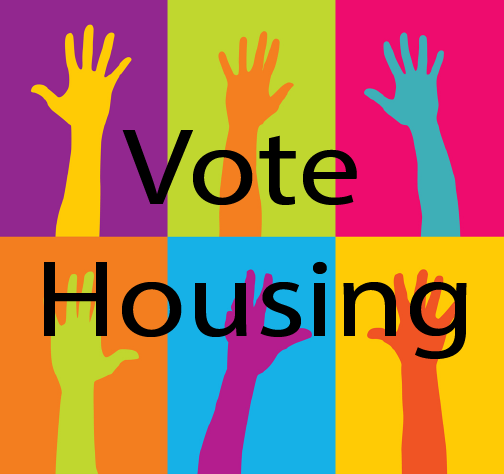 Today is World Homeless Day, which this year coincides with a campaign period for local elections in British Columbia. If homelessness and housing are important considerations for you in this election, here are some helpful questions for candidates:
Today is World Homeless Day, which this year coincides with a campaign period for local elections in British Columbia. If homelessness and housing are important considerations for you in this election, here are some helpful questions for candidates:
- What responsibility do you think local governments have to address the safety and public health hazards faced by individuals in our community who are unhoused and living on the streets or in parks? Are there any specific actions or initiatives that you would support or oppose?
- What is your understanding of the barriers encountered by the Indigenous people experiencing homelessness to access secure housing, and what actions do you think municipal government can implement to assist organizations like the Aboriginal Coalition to End Homelessness (ACEH) to address these barriers?
- The Greater Victoria Coalition to End Homelessness has made the following recommendations to regional and municipal governments in its Phase 2, Year 2 Community Plan:
- Engage with community agencies and people with lived experience of homelessness in identifying and developing homelessness, housing and support services solutions
- Prioritize the development of housing options for individuals experiencing and at-imminent risk of homelessness
- Reduce the costs of developing and operating non-profit housing by reducing or waiving property taxes and municipal fees
- Set a minimum number of affordable units to be included in each development, or set equivalent funding contributions to a municipal affordable housing fund
Do you support these recommendations? If so, what specific actions are you prepared to take to implement them? If not, why not?
- Do you think it is acceptable at land use committee meetings or public hearings for people to ask questions about or comment on the economic or health status of individuals who may live in the developments under consideration? If yes, why? If not, what actions will you take to prevent this?
- What role do you think local governments should take regarding harm reduction initiatives such as Overdose Prevention Units and Supervised Consumption sites? Are there any specific actions or initiatives that you would support or oppose?
NOTES:
Thank you to the Downtown Service Providers (an ad hoc committee of housing, social support, business, faith and other concerned organizations operating in the core of Victoria) for compiling and sharing these questions.
For information about General Local Elections, please visit the Elections BC Website.
You can contact your local civic government office to check if you are registered to vote.